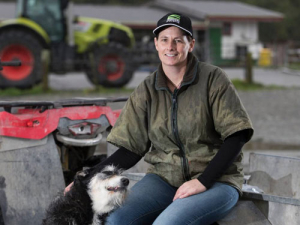News that farmers are feeling the pressure from banks is unsurprising.
Read: Banks put screws on farmers.
Dairy News reported Feds president Katie Milne saying at National Fieldays this year that the mood was sombre.
Andrew Hoggard recalls that when he visited various Fieldays bank sites it was apparent that a couple of the banks didn’t have much interest in being there. Others had downsized their sites and were not touting hard for new business.
ANZ’s head of agri, Mark Hiddleston, said at that time that the Reserve Bank’s increased capital proposal would either restrict the availability of capital or raise the cost of capital.
Today his view is backed David Tripe, professor of banking at Massey University.
Tripe says the new rules mean that generally the banks are going to be pressured to hold a higher percentage of capital reserves. To do this they will have to either increase their returns on lending substantially or cut back on the amount of lending.
“The lending they will cut back on is the lending that is less profitable, which for most of them is agriculture.
“What has tended to happen in the past is that people have been very enthusiastic about farming without regard to the concerns of doing it. The new Reserve Bank rules will give the banks a new focus on the returns from any new lending.”
Tripe says less money will inevitably be available for the agri sector. Lending to the farming sector is no longer as easy as it was. The effect of this may be lower land prices.

















